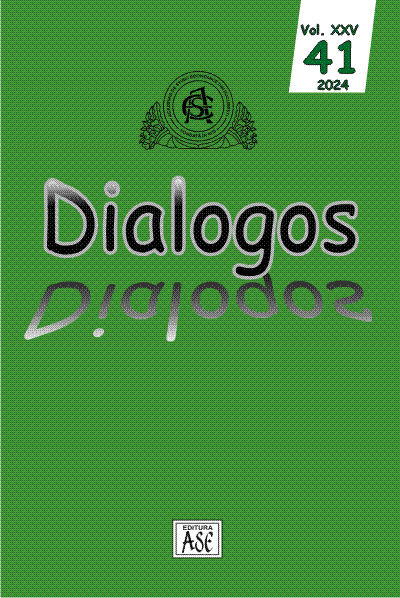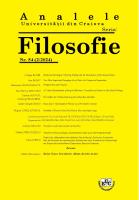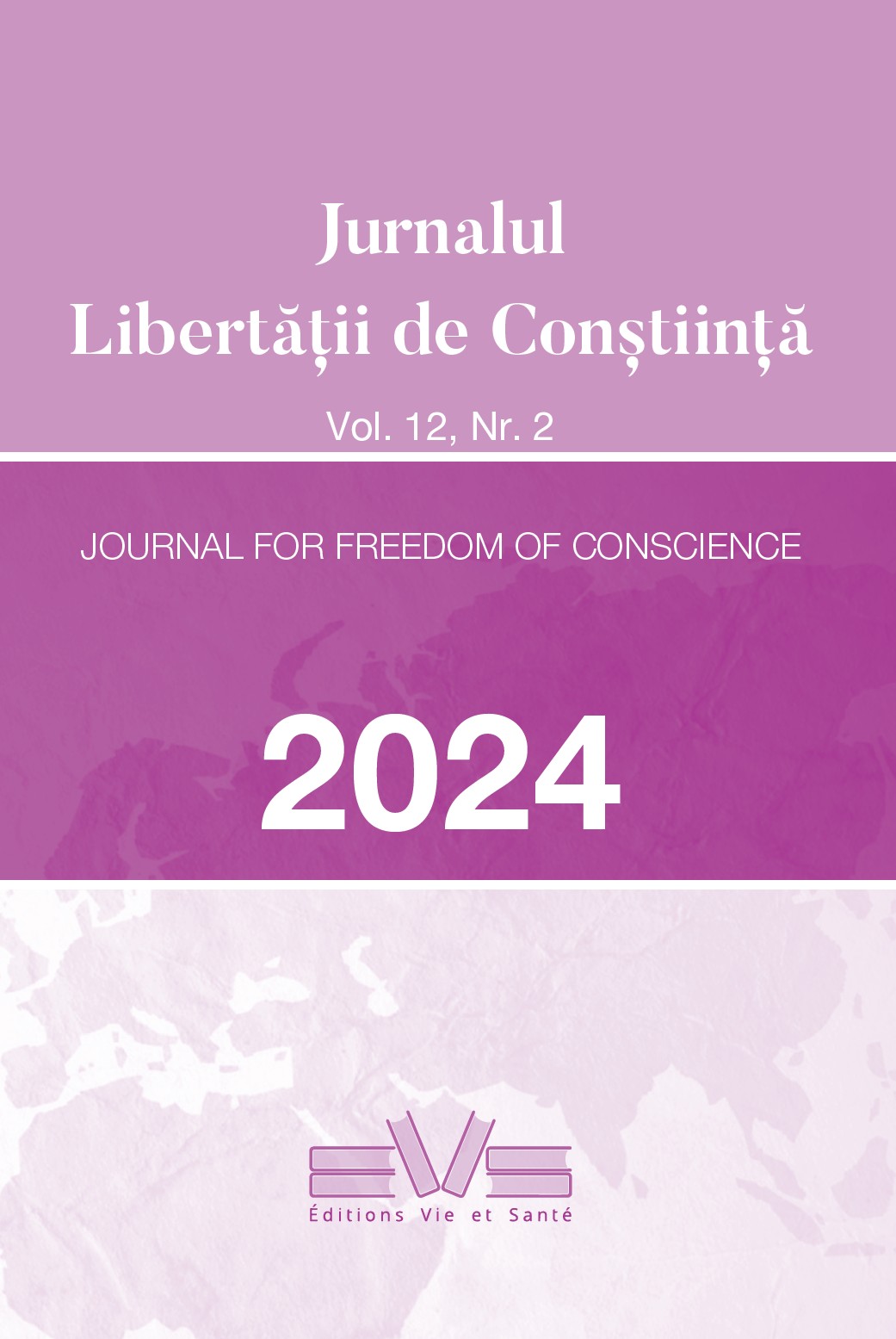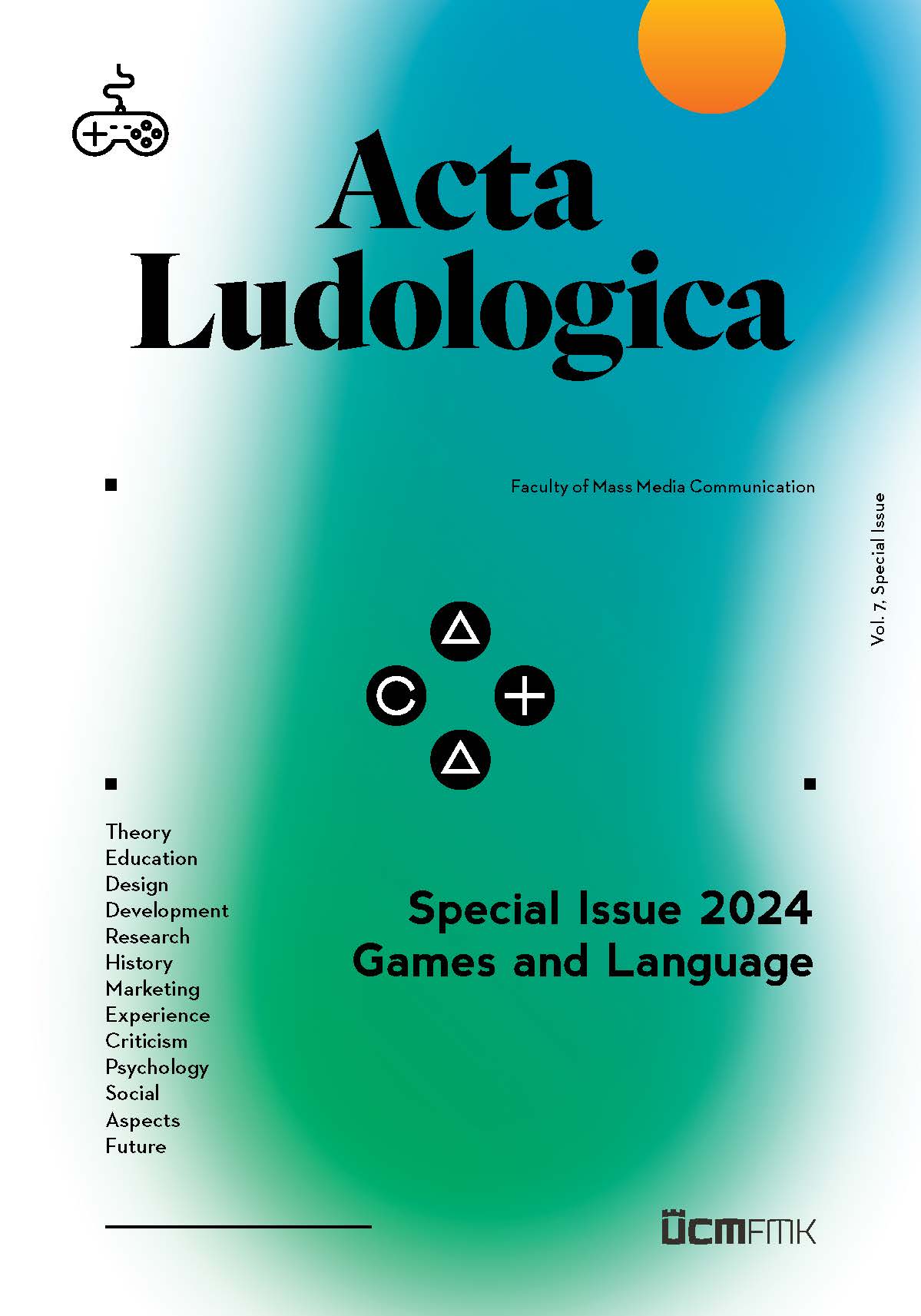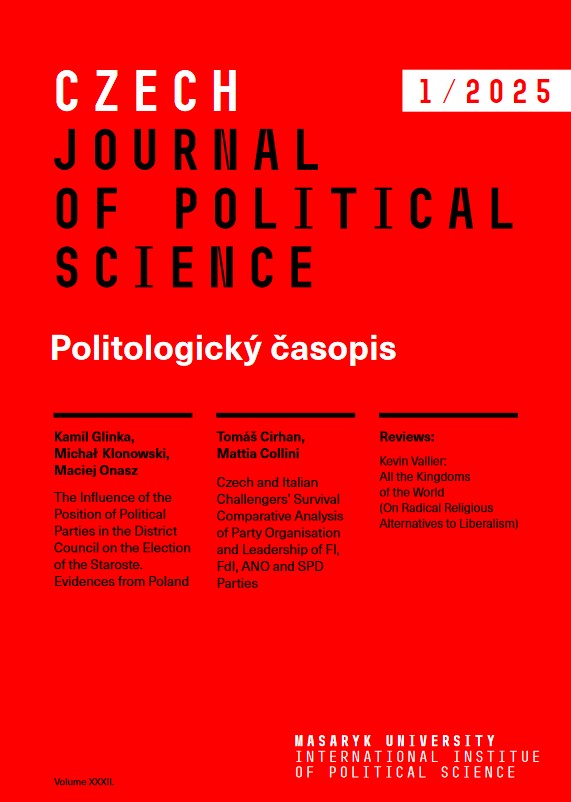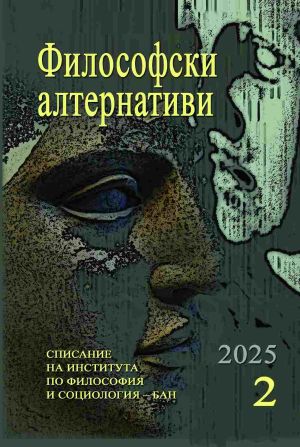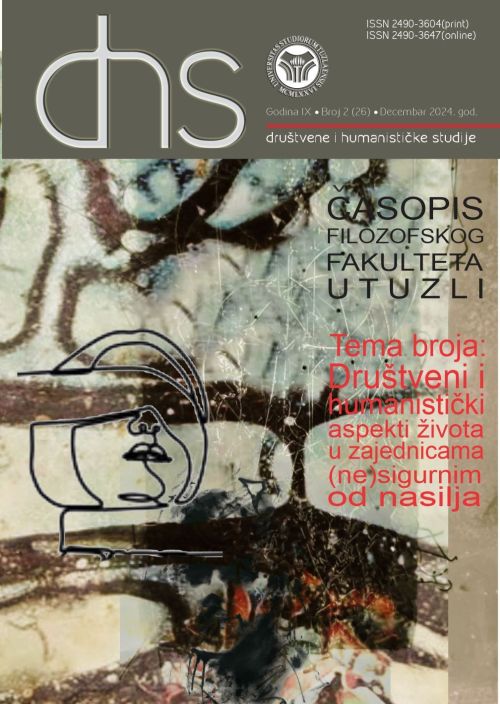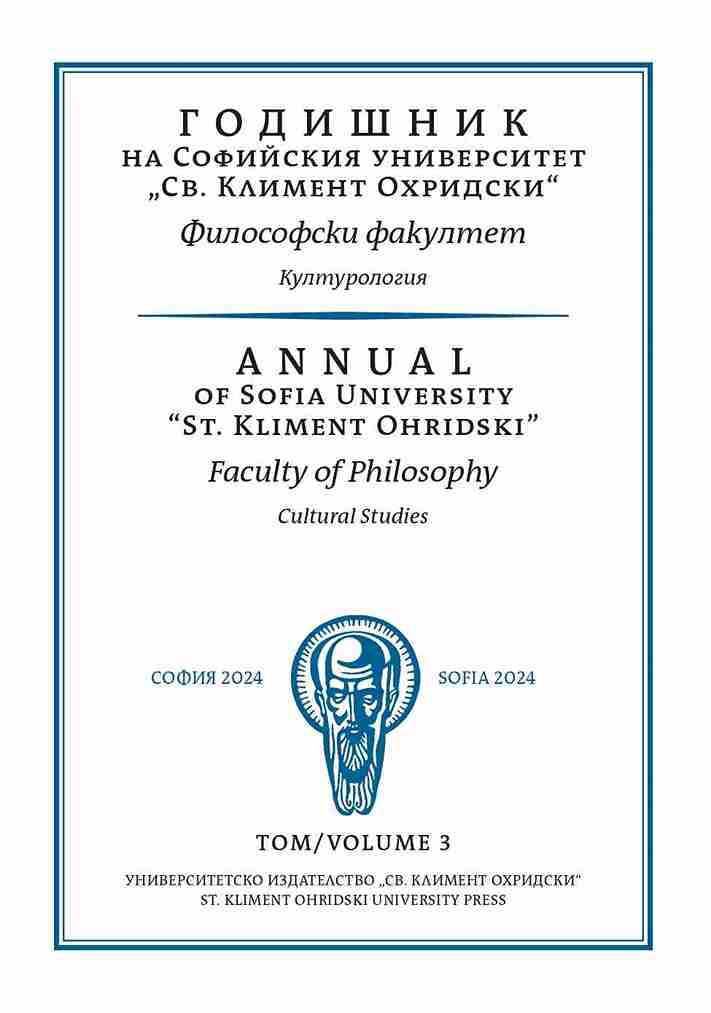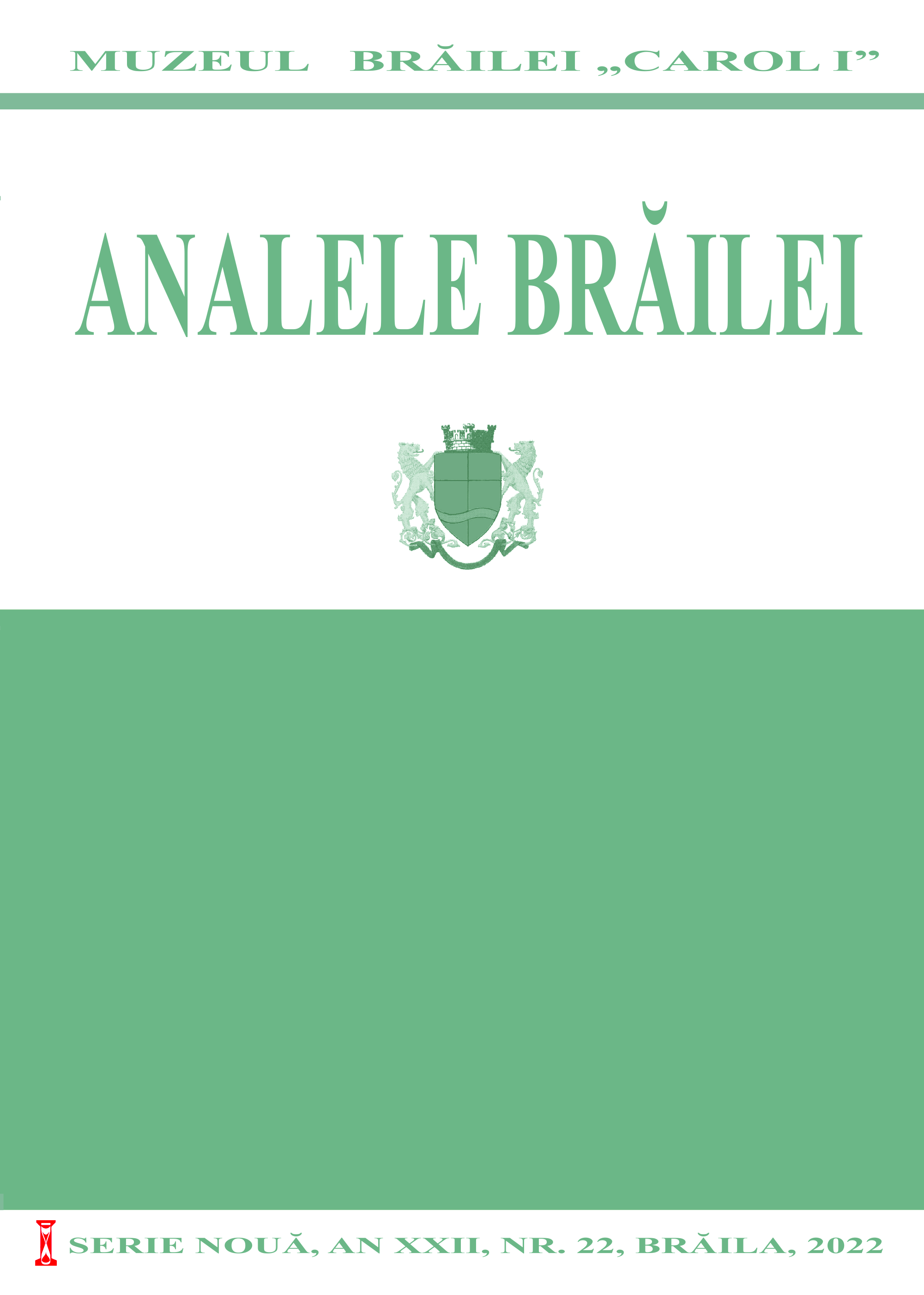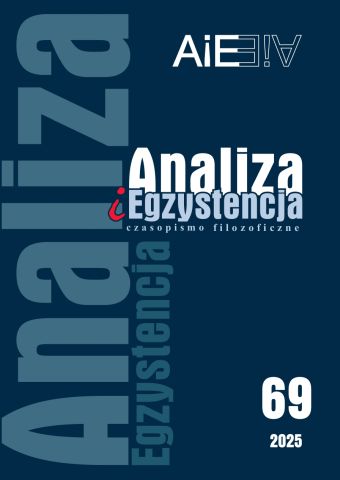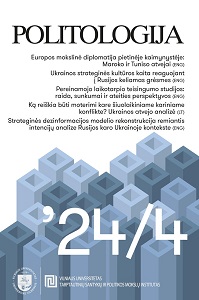Author(s): Naailah Duymun Demirtaş / Language(s): English
Issue: 41/2024
This philosophical article is located at the intersection of hermeneutics and literary analysis. Scriptures and exegeses have been studied as literature for a long time (Berlin, 2016). The premise is that the Quran is a literary text and so is the exegesis the Risale-i Nur (Nursi & Vahide, 1995; Nursi, 2005) which is a contemporary interpretation of the Quran, relevant to this discussion. The article presents a textual analysis and a discussion of general human condition in light of key verses from two surahs/chapters from the Quran, supported by interpretation and further explanation from selected thoughts of the Risale-i Nur (The Treatise of Light) (Nursi & Vahide, 1995; Nursi, 2005) and selected Hadiths/the Prophetic Traditions. The discussion leads to a synthesis where the extent of man’s accountability in life and in this world is presented primarily in light of Nursi’s interpretation. While weighing the impact of man’s actions and the degree of his responsibility in his personal and social life, the article concludes by affirming the wisdom of surah Asr “Time” (Quran:103) in positioning the human as a contingent being who is at the mercy of a Higher Being who is in control of everything while sustaining man. The article showcases the condition of man as a state of ‘loss’ which is two-fold. Firstly, it is in terms of man’s contribution to generating a lost society that is ravaged by man’s egocentric actions, which may result in frustration, conflict, wars, economic and political turmoil, general chaos, and fear, among others. Secondly, it involves man’s inability to deal with setbacks and calamities triggered by natural phenomena, which include diseases and other problems. Unless man remains patient, resilient, and submitted to the Higher Being, he cannot cope with and deal with these issues in his life. Thus, once he relies on the Higher Being and does not complain, man confirms the verses in surah At-Tin “The Fig” (Quran: 95), that states that man is of “best of stature”, as God intended him to be. It is only patience in adversity, belief and trust in God, and gratitude that bring solace to man’s condition.
More...
